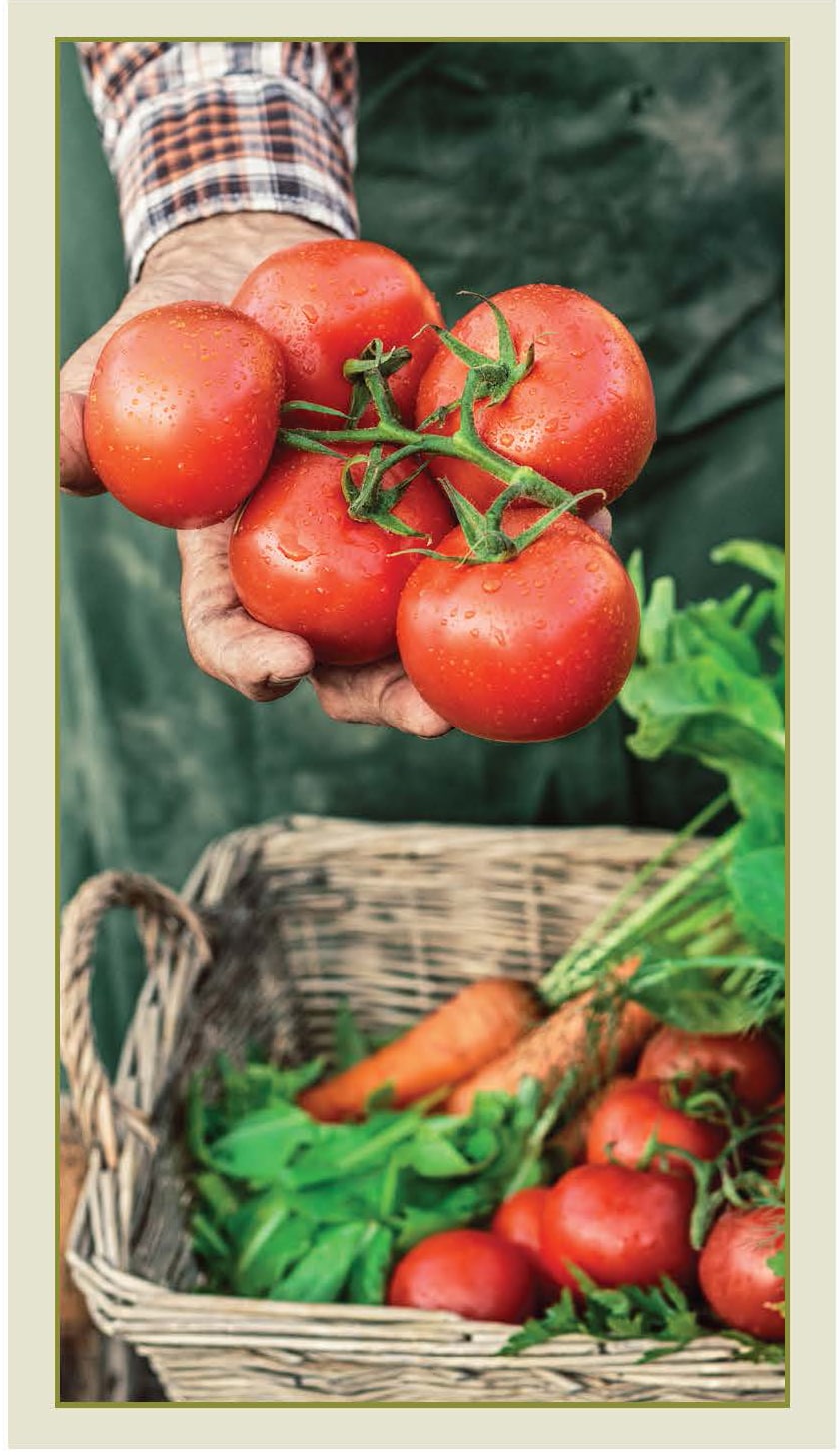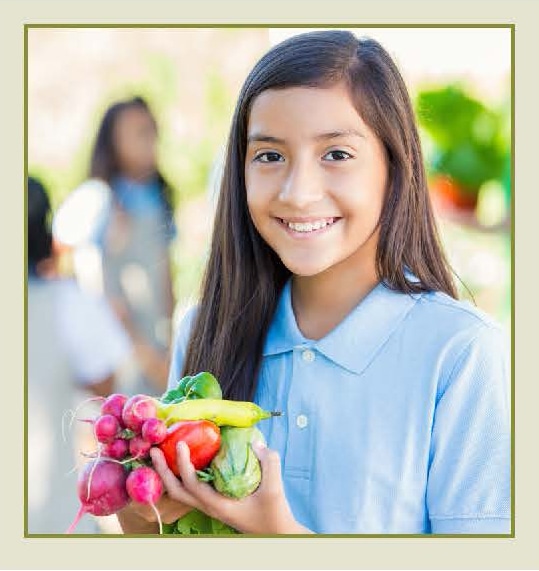New Mexico

In April 2021, the New Mexico Public Education Department (PED) organized the first annual New Mexico Grown Institute in partnership with the New Mexico Department of Health, New Mexico Grown Coalition, and New Mexico Grown Interagency Task Force. The event addressed the lack of infrastructure in New Mexico to develop a unified farm-to-cafeteria program, created focused messaging, and developed formal relationships to improve procurement between schools and local farmers in New Mexico.
The successful event laid the groundwork for New Mexico’s farm-to-cafeteria movement. As a result of the event:
- 75% of farmers said that they were more likely to grow food for New Mexico schools, senior centers, and early childhood sites.
- 90% of nutrition professionals said that they are more likely to buy local products from New Mexico farmers.
The event also helped New Mexico take a step closer to food sovereignty— controlling one’s own food system—for students and families in the state, allowing them to ensure healthy and culturally appropriate food for more than 2,100 schools as well as residents across the state.
Before the event, New Mexico PED had realized that farmers and schools wanted to build relationships, but they needed to be brought together with technical assistance to establish formal procurement agreements and long-term planning. As a result, New Mexico PED convened 210 people from across the state to learn and share about all things farm-to-school, farm-to-senior centers, and farm-to-early childhood education programs. Attendees represented farmers, nutrition professionals from schools and health care organizations, community-based organizations, students, policy makers, and school administrators. Health equity was an organizing principle of the event, and speakers discussed food sovereignty, racial justice in New Mexico’s food system, and an indigenous perspective on climate change and sustainability.

The PED Nutrition Program will monitor the procurement of foods grown in New Mexico to ensure progress in the farm-to-cafeteria movement. The New Mexico Grown Interagency Task Force will monitor local partnerships to help them stay engaged and will organize a second annual New Mexico Grown Institute in 2022.
The team’s work to build momentum in the farm-to-cafeteria movement is paying off. The January 2022 session of the New Mexico Legislature resulted in $1.5 million of new funding for New Mexico Grown in schools, preschools, and senior centers. New Mexico’s students will continue to reap the benefits of these procurement policies and additional funding. Not only will the food they are served be fresher and healthier, but students who participate have increased knowledge about nutrition and agriculture, are more willing to try new foods, and consume more fruits and vegetables.1-4
References: 1Joshi A, Misako Azuma A, Feenstra G. Do farm-to-school programs make a difference? Findings and future research needs. J Hunger Environ Nutr. 2008;3:229–246. 2Moss A, Smith S, Null D, Long Roth S, Tragoudas U. Farm to school and nutrition education: Positively affecting elementary school-aged children’s nutrition knowledge and consumption behavior. Child Obes. 2013;9(1):51–6. 3Bontrager Yoder AB, Liebhart JL, McCarty DJ, Meinen A, Schoeller D, Vargas C, LaRowe T. Farm to elementary school programming increases access to fruits and vegetables and increases their consumption among those with low intake. J Nutr Educ Behav. 2014;46(5):341–9. 4The National Farm to School Network. The Benefits of Farm to School website. http://www.farmtoschool.org/ Resources/BenefitsFactSheet.pdf. Accessed on June 14, 2019.

